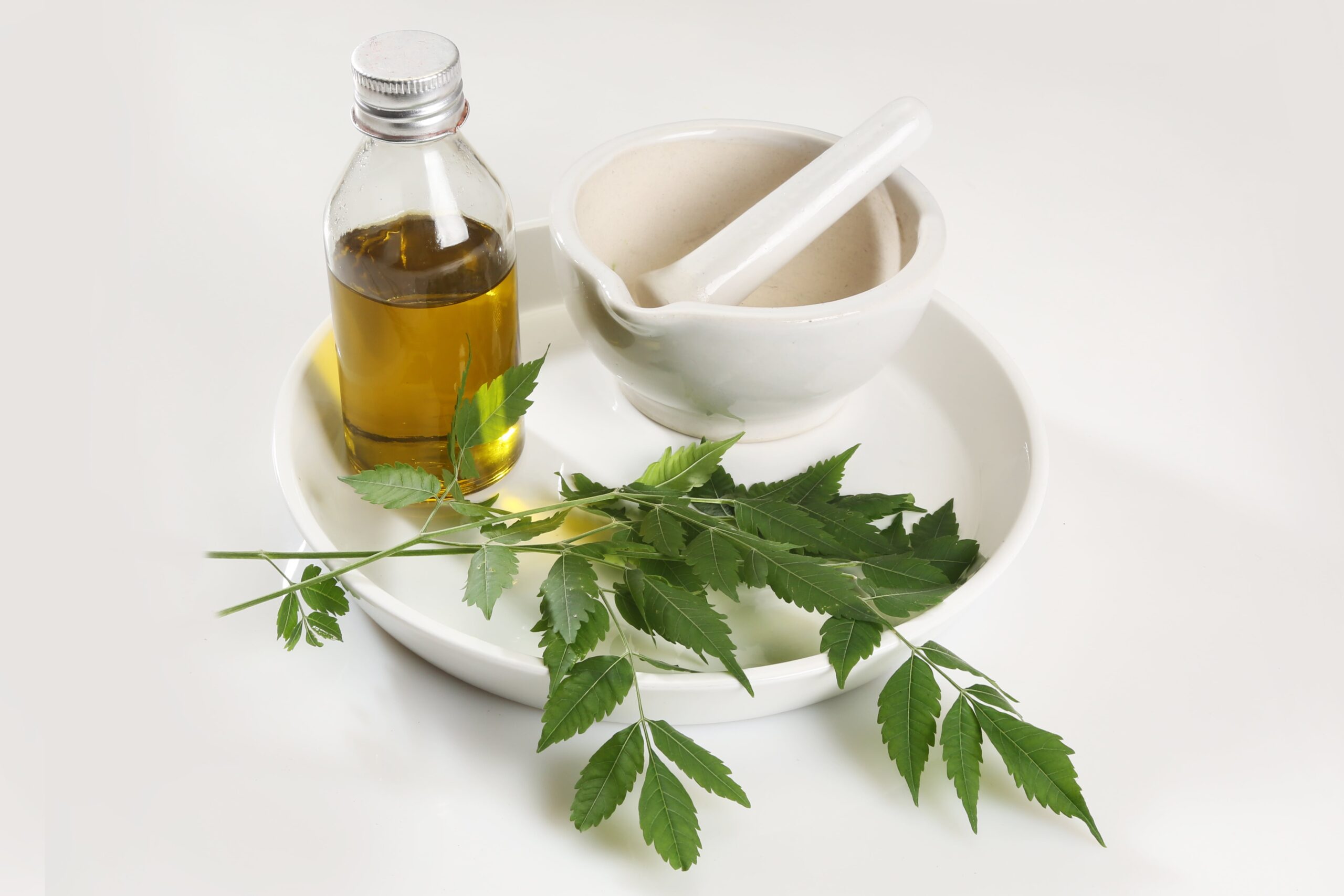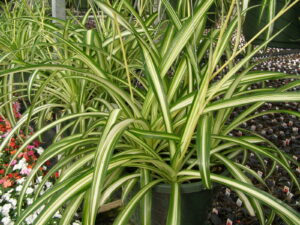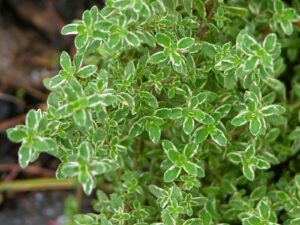Neem oil plant, scientifically known as Azadirachta Indica, is a versatile and potent botanical wonder that has been revered for centuries for its numerous health and wellness benefits. Native to the Indian subcontinent, this evergreen tree is deeply ingrained in traditional medicine and has gained significant popularity in recent years due to its eco-friendly properties and effectiveness in various applications.
1. Introduction to Neem Oil Plant
Neem oil plant is a fast-growing, drought-resistant tree that belongs to the mahogany family, Meliaceae. It can reach an impressive height of up to 65 feet and has a dense crown of glossy pinnate leaves. The tree produces small, fragrant, white flowers, which later give way to olive-like fruits that contain the prized neem seeds.
2. Traditional Uses of Neem Oil Plant
The neem tree has been an integral part of traditional Ayurvedic medicine for centuries, with its use dating back to ancient texts such as the Charaka Samhita and Susruta Samhita. In Ayurveda, neem is considered a “sarva roga nivarini” or a universal remedy for various ailments.
Some of the traditional uses of neem oil plant include:
- Treating skin conditions: Neem oil is renowned for its antifungal, antibacterial, and antiviral properties, making it highly effective in treating various skin conditions such as acne, eczema, psoriasis, and fungal infections.
- Boosting immunity: Neem leaves and extracts are known to enhance the body’s immune response, helping it fight off infections and diseases.
- Promoting oral health: Chewing neem twigs or using neem-based toothpaste can help prevent gum diseases, tooth decay, and bad breath.
- Controlling pests: Neem has natural insecticidal properties, making it an excellent organic alternative to chemical pesticides.
3. Neem Oil Plant in Modern Medicine
With the advancement of scientific research, neem oil plant has caught the attention of the modern medical community. Numerous studies have validated the efficacy of neem in various health conditions, leading to its integration into modern medicine.
Some key areas where neem oil plant has shown promise in modern medicine include:
- Cancer treatment: Neem extracts have demonstrated anti-cancer properties, inhibiting the growth of tumor cells and inducing apoptosis.
- Diabetes management: Neem leaves and oil have been found to lower blood sugar levels and improve insulin sensitivity, making them beneficial for individuals with diabetes.
- Antimicrobial activity: Neem oil plant exhibits potent antimicrobial activity against a wide range of bacteria, fungi, and viruses. It can be used to treat various infections, including antibiotic-resistant strains.
- Anti-inflammatory effects: Neem compounds possess powerful anti-inflammatory properties, making them useful in the management of inflammatory conditions such as arthritis.
4. Neem Oil Plant for Skin and Hair Care
Neem oil is a popular ingredient in many skincare and haircare products due to its exceptional properties. Its ability to moisturize, nourish, and heal the skin makes it a preferred choice for individuals seeking natural and effective solutions.
Some benefits of neem oil for skin and hair care include:
- Treating acne: Neem oil’s antibacterial properties help combat the bacteria responsible for acne, reducing inflammation and promoting clearer skin.
- Moisturizing dry skin: Neem oil is deeply hydrating and rich in essential fatty acids, making it an excellent emollient for dry and cracked skin.
- Preventing dandruff: Neem oil’s antifungal properties and soothing effects on the scalp make it an effective remedy for dandruff and other scalp conditions.
- Promoting hair growth: Regular use of neem oil can stimulate hair follicles, promoting healthier and stronger hair growth.
5. Neem Oil Plant in Agriculture
Neem oil plant has proven to be a valuable asset in the field of agriculture due to its natural pesticidal properties. It offers a sustainable alternative to chemical pesticides, minimizing the environmental impact and promoting ecological balance.
Here are some ways in which neem oil plant benefits agriculture:
- Pest control: Neem oil acts as a natural insect repellent, deterring pests and protecting crops from damage.
- Plant growth promotion: Neem oil contains essential nutrients that promote healthy plant growth and improve soil fertility.
- Organic farming: Neem oil is an integral part of organic farming practices, ensuring the production of chemical-free crops.
- Resistance management: Unlike synthetic pesticides, pests are less likely to develop resistance to neem oil, making it a sustainable long-term solution.
6. Neem Oil Plant in Personal Care Products
Neem oil’s versatility extends beyond medicinal and agricultural applications. It has found its way into the cosmetic industry, where it is utilized in various personal care products.
Some common personal care products featuring neem oil include:
- Soaps and cleansers: Neem oil’s antibacterial properties make it a popular ingredient in soaps and cleansers for its ability to cleanse and purify the skin.
- Shampoos and conditioners: Neem oil’s soothing and nourishing properties make it an excellent addition to hair care products, promoting healthy scalp and hair.
- Body lotions and creams: Neem oil’s moisturizing benefits make it a valuable ingredient in body lotions and creams, providing hydration and relief to dry skin.
- Oral care products: Neem oil’s oral health benefits make it a preferred choice for toothpaste, mouthwash, and other oral care products.
7. Neem Oil Plant as an Eco-Friendly Solution
One of the most remarkable aspects of neem oil plant is its eco-friendly nature. Unlike many synthetic alternatives, neem oil is biodegradable, non-toxic, and does not harm beneficial insects, birds, or mammals. This makes it a sustainable choice for various applications, ensuring the preservation of the environment and the well-being of ecosystems.
Moreover, neem oil plant offers an alternative to chemical pesticides and fertilizers, reducing the reliance on harmful substances that can contaminate soil, water, and air.
8. Neem Oil Plant: Case Studies and Success Stories
The effectiveness of neem oil plant is exemplified in numerous case studies and success stories from around the world. These accounts highlight the transformative impact of neem oil in various fields, ranging from agriculture to healthcare.
For instance, a study conducted in India demonstrated the efficacy of neem oil in controlling pests in cotton crops. Farmers who adopted neem oil-based pest management strategies reported increased crop yields and reduced dependence on chemical pesticides, resulting in improved profits and sustainable farming practices.
In another case, a woman suffering from chronic acne shared her journey of using neem oil as part of her skincare routine. Within a few weeks, she noticed a significant reduction in breakouts, improved skin texture, and a newfound confidence.
9. FAQs about Neem Oil Plant
Q1: Where can I buy neem oil plant products?
A1: Neem oil plant products are widely available in health food stores, herbal shops, and online retailers specializing in natural remedies and organic products.
Q2: How should I use neem oil for skincare?
A2: Neem oil can be applied topically to the skin after diluting it with a carrier oil, such as coconut oil or jojoba oil. It is advisable to perform a patch test before using it on larger areas of the skin.
Q3: Can neem oil be used on pets?
A3: Yes, neem oil is safe for pets when used correctly. It can help repel fleas, ticks, and other pests. However, it is crucial to follow the recommended dosage and consult a veterinarian before using neem oil on pets.
Q4: Are there any side effects of using neem oil?
A4: Neem oil is generally safe for external use. However, some individuals may experience allergic reactions or skin irritation. It is advisable to stop using neem oil if any adverse effects occur and consult a healthcare professional.
Q5: Can neem oil be ingested?
A5: Neem oil should not be ingested unless specifically formulated and labeled for internal use. It is essential to consult a healthcare professional before consuming neem oil or neem-based supplements.
10. Conclusion: Embrace the Power of Neem Oil Plant
The neem oil plant is a true gift of nature, offering a multitude of benefits for our health, the environment, and sustainable living. Whether it’s in traditional medicine, modern healthcare, agriculture, or personal careproducts, neem oil plant has proven its efficacy and versatility.
From its traditional uses in Ayurveda to its integration into modern medicine, neem oil plant continues to impress with its potent antimicrobial, anti-inflammatory, and anti-cancer properties. Its effectiveness in treating various skin conditions, promoting oral health, and controlling pests makes it a valuable asset in our daily lives.
Not only does neem oil plant benefit our well-being, but it also plays a crucial role in agriculture. By offering a natural and sustainable alternative to chemical pesticides, neem oil helps protect crops from pests while preserving the balance of ecosystems. Additionally, its use in organic farming practices ensures the production of chemical-free and environmentally friendly crops.
Neem oil plant has also found its way into personal care products, where it contributes to healthier skin, hair, and oral hygiene. Its inclusion in soaps, shampoos, and creams highlights its versatility and effectiveness in promoting overall well-being.
Furthermore, neem oil plant’s eco-friendly nature sets it apart from synthetic alternatives. Its biodegradability and non-toxic properties make it a responsible choice for those seeking sustainable solutions. By reducing the reliance on harmful substances, neem oil plant actively contributes to the preservation of the environment.
Case studies and success stories further emphasize the transformative impact of neem oil plant. Whether it’s the success of farmers in improving crop yields or the personal journey of individuals achieving healthier skin, these accounts inspire us to embrace the power of neem oil plant.
Summary
Neem oil plant, scientifically known as Azadirachta Indica, is a versatile botanical wonder that has been used in traditional medicine for centuries. Its numerous health benefits include treating skin conditions, boosting immunity, promoting oral health, and controlling pests. In modern medicine, neem oil plant has shown promise in cancer treatment, diabetes management, and as an antimicrobial and anti-inflammatory agent.
Neem oil plant is also highly beneficial for skincare and hair care, with its ability to treat acne, moisturize dry skin, prevent dandruff, and promote hair growth. In agriculture, it serves as a natural and sustainable alternative to chemical pesticides, promoting pest control and plant growth. Neem oil plant is widely used in personal care products such as soaps, shampoos, and oral care products.
What sets neem oil plant apart is its eco-friendly nature, being biodegradable, non-toxic, and safe for beneficial insects and mammals. It offers an alternative to harmful chemicals, reducing the environmental impact. Case studies and success stories highlight the transformative impact of neem oil plant in various fields, inspiring us to embrace its power.
FAQs about Neem Oil Plant
Q1: Where can I buy neem oil plant products?
A1: Neem oil plant products are widely available in health food stores, herbal shops, and online retailers specializing in natural remedies and organic products.
Q2: How should I use neem oil for skincare?
A2: Neem oil can be applied topically to the skin after diluting it with a carrier oil, such as coconut oil or jojoba oil. It is advisable to perform a patch test before using it on larger areas of the skin.
Q3: Can neem oil be used on pets?
A3: Yes, neem oil is safe for pets when used correctly. It can help repel fleas, ticks, and other pests. However, it is crucial to follow the recommended dosage and consult a veterinarian before using neem oil on pets.
Q4: Are there any side effects of using neem oil?
A4: Neem oil is generally safe for external use. However, some individuals may experience allergic reactions or skin irritation. It is advisable to stop using neem oil if any adverse effects occur and consult a healthcare professional.
Q5: Can neem oil be ingested?
A5: Neem oil should not be ingested unless specifically formulated and labeled for internal use. It is essential to consult a healthcare professional before consuming neem oil or neem-based supplements.
In conclusion, the neem oil plant is a natural wonder that offers a wide range of health and wellness benefits. Its traditional uses, integration into modern medicine, effectiveness in skincare and hair care, and role in agriculture and personal care products make it a versatile and valuable asset. With its eco-friendly nature and transformative impact, neem oil plant deserves its place as a powerful botanical wonder.



